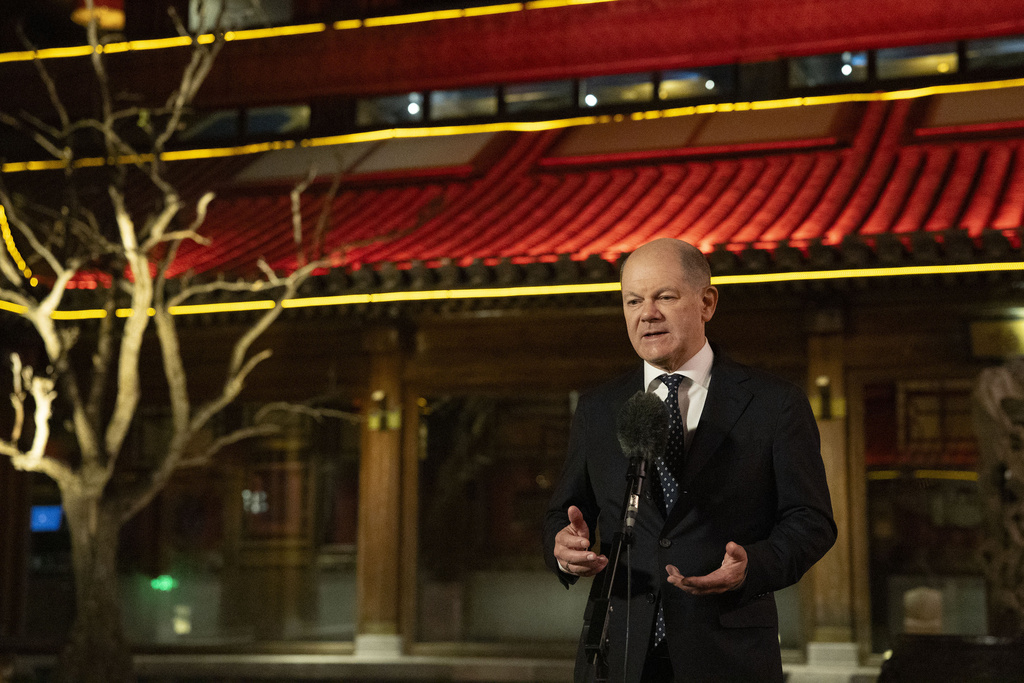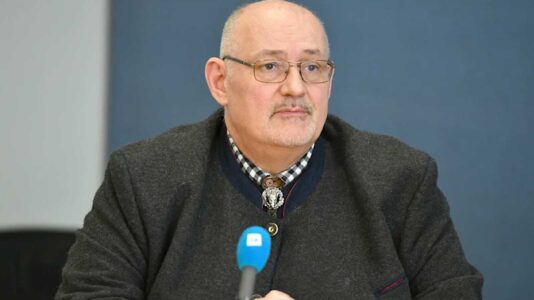On a three-day visit to China accompanied by industry leaders from major companies, including Mercedes and BMW, German Chancellor Olaf Scholz had the difficult task of on one hand promoting his country’s industrial interests, while on the other not straying too far from the official EU stance towards Beijing.
“Germany is not the EU in our eyes,” his host, Chinese President Xi Jinping, told Scholz. In the words of the Chinese leader, “bilateral cooperation is an opportunity, not a risk” and is not under threat, despite EU investigations into Chinese companies. The leader of Germany, the economic engine of the EU, is visiting Beijing at a time when the EU itself is seeking to implement a program of so-called “de-risking.”
The idea is to reduce dependence on China and to fight against Chinese producers dumping their products in the EU. Chancellor Scholz has held three hours of talks with President Xi, who has indicated that he wants to deepen economic cooperation with Germany in particular.
“We need to look at bilateral relations in a comprehensive way from the perspective of a long-term and strategic approach,” he said. Xi dismissed EU Commission President Ursula von der Leyen’s complaints that China is “overproducing” green technology with massive state subsidies, such as its efforts to manufacture an overabundance of cheap electric cars.
“China’s exports of electric cars and batteries have not only enriched international supply and reduced inflationary pressures, but have also contributed greatly to the response to climate change and the green transition,” Xi said.
“Germany and China must resist growing protectionism and look at the issue of production capacity objectively from a market perspective,” he said.
Scholz, while not wanting to turn his back on China, an important market for German companies, also had to uphold the EU line to some extent, pointing out that the EU should not act out of self-serving protectionism, but competition should be fair:
“That means no dumping, no overproduction and no copyright infringements,” Scholz said in one of his speeches while in China.





